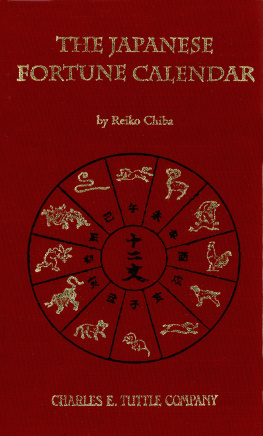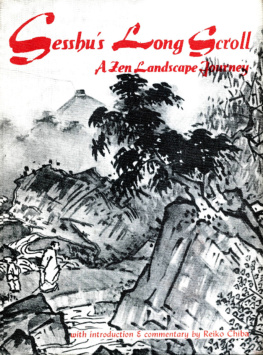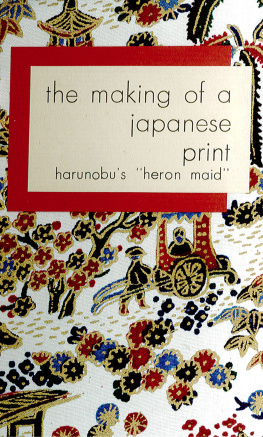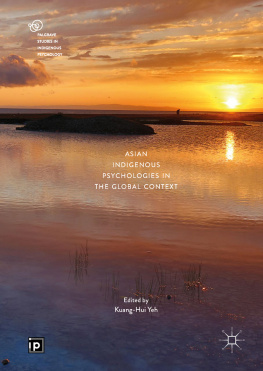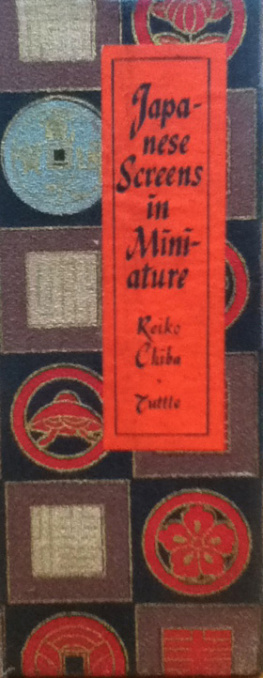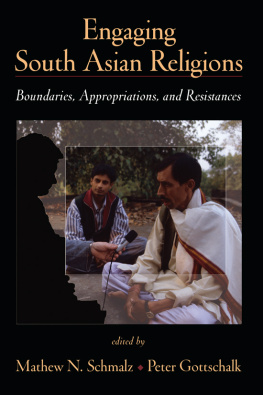First published in. 1986 by Kegan Paul International
This edition first published in 2009 by
Routledge
2 Park Square, Milton Park, Abingdon, Oxon, 0X14 4RN
Simultaneously published in the USA and Canada
by Routledge
270 Madison Avenue, New York, NY 10016
Routledge is an imprint of the Taylor & Francis Group, an informa business
Masaji Chiba 1986
Transferred to Digital Printing 2009
All rights reserved. No part of this book may be reprinted or reproduced or utilised in any form or by any electronic, mechanical, or other means, now known or hereafter invented, including photocopying and recording, or in any information storage or retrieval system, without permission in writing from the publishers.
British Library Cataloguing in Publication Data
A catalogue record for this book is available from the British Library
ISBN 10: 0-710-30113-8 (hbk)
ISBN 13: 978-0-710-30113-0 (hbk)
Publisher's Note?
The publisher has gone to great lengths to ensure the quality of this reprint but points out that some imperfections in the original copies may be apparent. The publisher has made every effort to contact original copyright holders and would welcome correspondence from those they have been unable to trace.
Preface
Western law is normally regarded as universal when considered from the fact that it has been received and utilized by non-Western countries as the basis of their own state legal systems. It is accordingly natural that jurisprudence, among both Western and most non-Western scholars as well, tends to observe the development of a non-Western legal system as a history of received Western law. In fact, because of their different underlying cultural histories, there have been countless incongruities and conflicts between received Western law and indigenous non-Western law. However, these points have rarely been taken seriously by orthodox jurisprudence a situation which may seem reasonable from the Western point of view, but is certainly not from the non-Western.
Non-Western peoples have each cherished their indigenous law as an integral part of their cultural heritage. During their long histories their law has on occasions encountered foreign law, whether voluntarily or not, and these encounters have led sometimes to peaceful assimilation and sometimes to destructive struggle between indigenous and received law. The indigenous law may sometimes have failed to maintain itself, while at others it may have succeeded either by rejecting the encountered law or by adapting itself to conserve its cultural identity. Contemporary non-Western law is thus seen as one in a current state in an ongoing process of self-developing indigenous law whether successfully or not. Truly, the reception of Western law by non-Western countries in modern times is the most influential encounter of non-Western law with foreign law. However, it is still only one of many encounters in the long history of each non-Western law. The major portion of this book is a collection of descriptions of typical non-Western countries from this viewpoint by native scholars.
The scope of this collection is limited to only six Asian communities among many for two reasons: first, theoretically, because Asian cultures have maintained many established legal ideas in comparison with the Western in their great religious or philosophical traditions; and second, practically, because in the organizational stage of the work it was in these communities that I was able to reach collaborators who were in a position to carry through this joint project. Also, Asia here means not so much a geographical area as it does a collection of nations who maintain cultures which originated in Asia. In this respect, I regret that I was unable at that time to reach others such as the Chinese and Indonesian. This limitation in the scope of the project both necessitated and facilitated the construction of theoretical hypotheses for the accurate observation and analysis of working Asian law. The Introduction and Conclusion of this book were written for that purpose, and also in the hope that the scheme set forth herein may be enlarged to apply to non-Western situations in general.
This book could not have been completed without the continuing encouragement of many friends both foreign and Japanese, including Professor Adam Podgoreki of Carlton University, Ottawa, Professor Peter G. Sack of the Australian National University, Canberra, Professor Marc Galanter of the University of Wisconsin, Madison; and the timely assistance of several agencies. Among the agencies, the International House of Japan, Tokyo, chaired by Mr Shigeharu Matsumoto, extended invaluable moral efforts and assistance which helped me to gain financial support from other sources; the Mitsubishi Foundation, Tokyo, and the Ford Foundation, New York, both of whom were generous in bearing the research expenses of the collaborators; and the East-West Seminar, Tokyo, chaired by Mr Masahide Shibusawa, provided grants which covered the major part of the expense of completing the manuscript. To them, and to many others too numerous to list, I tender my heartfelt thanks.
In addition I record my deep respect for the enduring friendly co-operation of the collaborators during the ten-year duration of this project. Each of them was assailed by difficulties which might easily have discouraged him from cooperating. To cite just a few, Dr Yassin suffered the tragic loss of his wife after a protracted illness, Professor Nezami had to leave his beloved country because of the political upheaval, Dr Tiruchelvam was called upon several times to participate in official business to tackle so-called ethnic affairs, and Professors Baxi and Preedee were for some years occupied with important duties connected with the presidencies of their universities. The factor which enabled them to overcome these difficulties was, I believe, their enthusiasm for our common purpose, backed by the encouragement of their wives. Finally I would like to mention my own wife, Mieko, who has been a source of constant encouragement and support to me.
Masaji Chiba
Masaji Chiba
I. Problem
There has been a long-established belief among both specialists and laymen that law is a special mechanism for social control isolated from other social mechanisms and, for this reason, that the scientific study of law should be confined to the special capacity of traditional, model jurisprudence. But since the beginning of the twentieth century this common belief has been challenged by new ideas concerning both the objectives and methods of the study of law. As a result it has become evident that law is so inseparably rooted in society as to be approachable by sociological methods. Furthermore, it has also become accepted that law must be recognized as an aspect of the total culture of a people, characterized by the psychological and ideational features as well as the structural and functional features of each fostering people, and may therefore be approached by anthropological methods.




